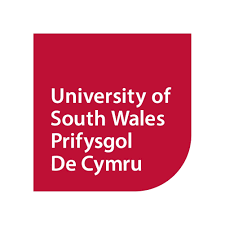Aeronautical engineering graduates are highly valued and in great demand. The Aeronautical Engineering masters is ideal for graduates seeking employment in the aeronautical sector and for practising aerospace engineers who want to extend and update their skills.
Progression to management is key to the careers of postgraduate engineers, so as part of the aeronautical engineering programme you will develop relevant managerial skills, as well as an awareness of the wider issues that affect the aeronautical industry.
The MSc Aeronautical Engineering meets the academic requirements for Chartered Engineer (CEng) status with the Institution of Mechanical Engineering (IMechE) and the Royal Aeronautical Society (RAeS).
Accreditations
The MSc Aeronautical Engineering course is accredited to Chartered Engineer (CEng) status by the Institution of Mechanical Engineers (IMechE) and the Royal Aeronautical Society (RAeS). For more information on the benefits of becoming a Chartered Engineer visit the Engineering Council.
Facilities
- Well-equipped computer rooms using state of the art (industry standard) design and analysis software. (SolidWorks, Ansys, FEA and CFD, LS-Dyna, etc) including the use of a cluster (Super computer) for high-speed computational work.
- Dedicated Project room.
- Wind tunnel.
- A laser cutter (plastics and wood). Used extensively for wing profile design and manufacture activities prior to use in wind tunnel.
- We also have composite making facilities, and wing profiles can also be manufactured using composite materials.
- Dedicated additive manufacturing facilities (3D printing), material testing facilities, non-destructive lab as well as a wide range of support laboratories and equipment for dissertation projects.
- Final year projects can use the technical support in our well-equipped engineering workshops, facilities include CNC machining, lathes and milling machines, drills, etc.

